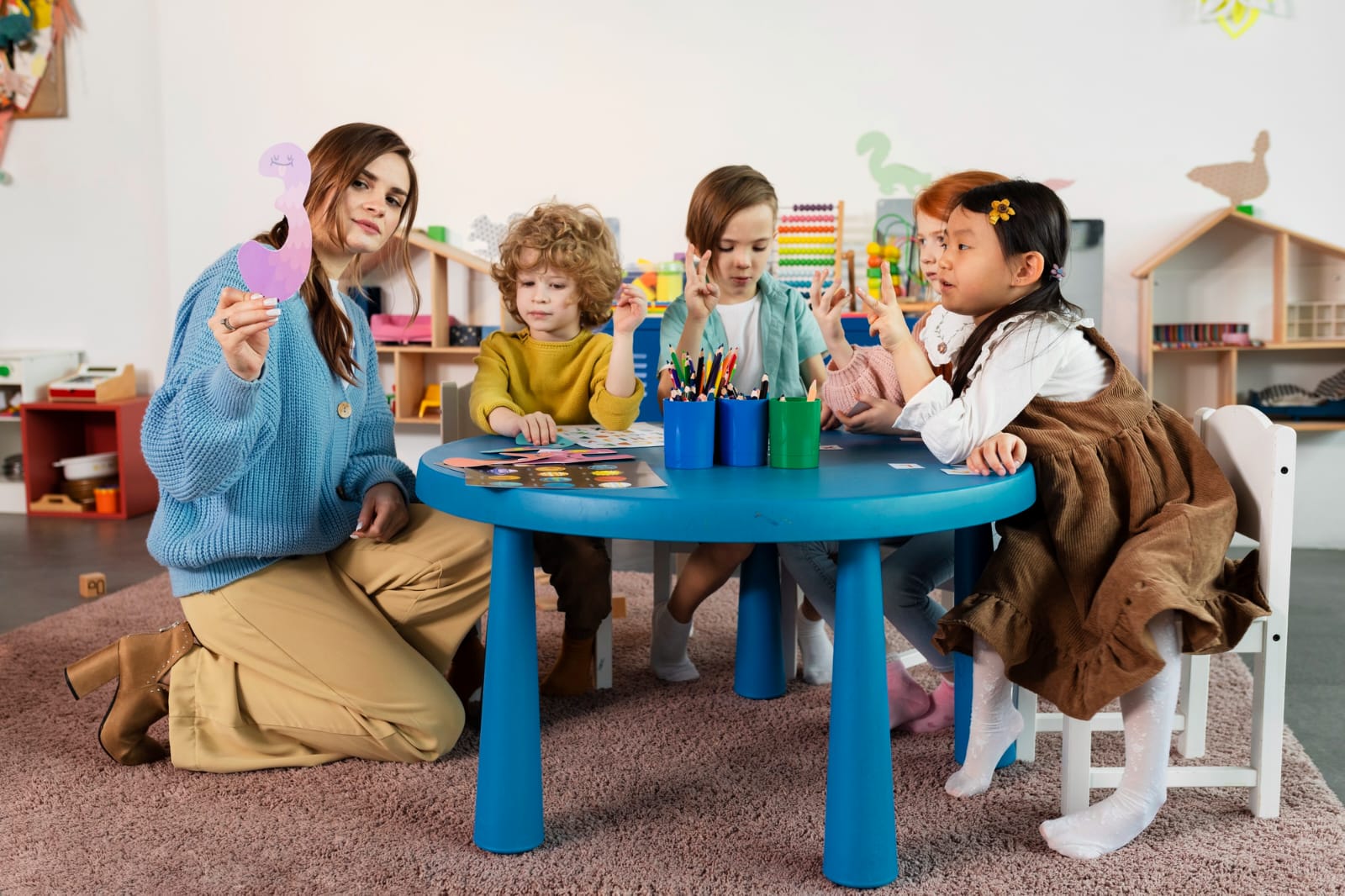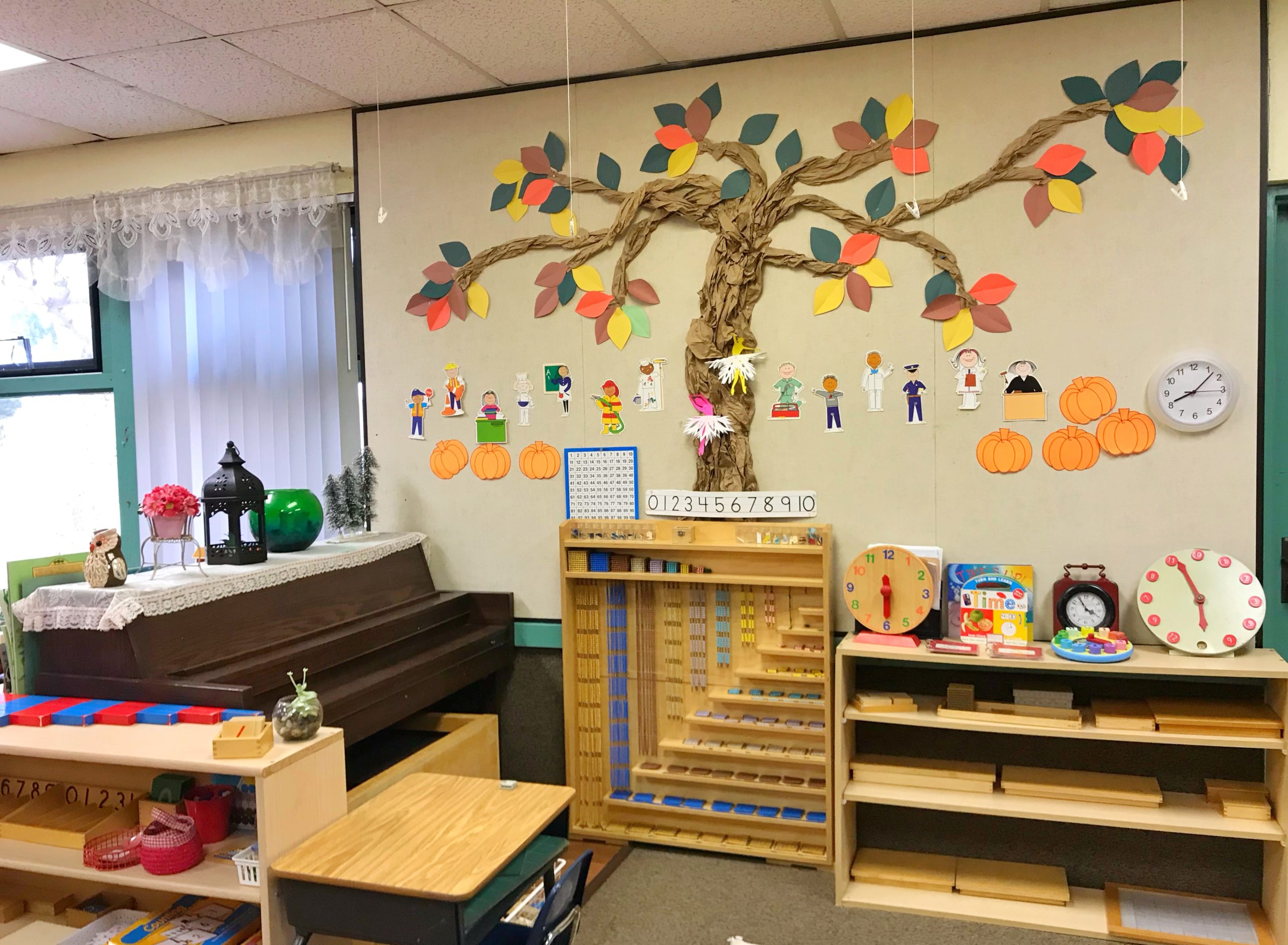
The Montessori method has become increasingly popular in recent years. However, there are many ideas and assumptions about this educational approach. If you’re new to Montessori, you probably have a lot of questions and concerns, especially since there are so many myths floating around that can make things confusing.
That is why we are here to clear up some of the most common misconceptions about this beautiful method. At Central Montessori Schools (CMS), we offer special programs for children of different ages, allowing them to grow at their own pace based on their unique strengths. Feel free to ask about our enrollment options.
If it is your first time exploring this teaching method or if you are still unsure about how to apply it, check out our website for helpful tips and tools to bring Montessori into your home.
Here are some of the most common myths you may have heard online or from people unfamiliar with Montessori education:

Myth: It’s only for gifted children
Truth: Many people believe Montessori is just for kids who are gifted or have special needs, but it is actually designed for all children. The method is flexible and adapts to meet the needs of each individual child.
Myth: Kids just do whatever they want
Truth: While children have freedom to choose their activities, that freedom exists within a carefully prepared and structured environment. Montessori encourages independence, but with clear limits and responsibilities.
Myth: There is no discipline in Montessori
Truth: Discipline in Montessori is not enforced from the outside, but developed from within. Children learn self-control, respect, and responsibility through daily routines and role modeling.
Myth: It’s only for little kids
Truth: Although it is best known for preschoolers, Montessori can be used from birth through high school. There are Montessori programs for elementary, middle, and even high school students.
Myth: Montessori kids do not learn the same things as in traditional schools
Truth: Montessori students learn all core subjects like language, math, science, and history. The difference is in how they learn, through hands-on experiences instead of memorizing for tests.
Myth: There is no structure or curriculum
Truth: Montessori has a well-defined and sequenced curriculum. Each activity has a purpose and is introduced at the right time for the child’s development. There is clear progression and specific learning goals.
Myth: Montessori kids do not know how to work in groups
Truth: While individual work is respected, children also learn to collaborate, share materials, and solve problems together. Respect and peaceful interaction are core values in a Montessori classroom.
Myth: Montessori is an expensive trend for elite families
Truth: Some private Montessori schools may be costly, but there are also public and community-based options. Many Montessori principles can also be applied at home with minimal resources.
Myth: There is no play, everything is serious work
Truth: In Montessori, work is seen as meaningful play. The materials are designed to engage children in fun and sensory ways. Kids learn through play that has purpose and depth.
Myth: Montessori is outdated
Truth: Although it was created over a century ago, Montessori is supported by current neuroscience and remains highly relevant. Its focus on respect, independence, and active learning is more important than ever.
We recommend taking the time to explore each of these myths and truths so you feel more confident when choosing the Montessori path for your child.
Remember, the goal is to provide your child with a safe and well-prepared environment. This means giving them their own space and tools suited to their age and abilities. It is also essential that children feel independent so they can grow into self-sufficient individuals.
You will play an important role by offering guidance, routines, and lessons that prepare them for life. In Montessori, mistakes are learning opportunities, not something to be punished. Children are encouraged to learn from errors and discover new ways to solve problems.
In schools like ours, children do not compete to be the best. Instead, they support each other and grow together as a community.
Montessori can be an amazing option for your child’s education, starting from a young age. At CMS, we are here to guide both you and your child. Our trained teachers create the best possible environment to help children become strong, independent, and capable adults.




